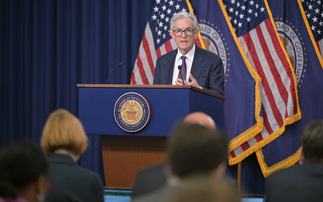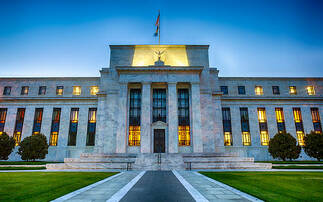Asset allocators in the UK are bullish on US equities following wildcard Donald Trump's victory in last week's US Presidential Election, highlighting healthcare and infrastructure as particular beneficiaries, while emerging markets are predicted to face headwinds.
Similarly, Guy Foster, group head of research at Brewin Dolphin, said the US economy is likely to outperform under a Trump presidency, as the leader's tough stance on foreign policy is more negative for other countries, such as emerging markets, than the US itself.
"Chinese stocks and currency are the most likely areas where Trump risk remains under-discounted given the seriousness of the actions he says he is going to take. A 45% tariff on Chinese exports to the US is within his power to implement," he said.
EM headwinds
Chris Darbyshire, chief investment officer at 7IM, also intends to continue reducing emerging Asia exposure on fears of the impact of Trump's trade policies on China.
He added 7IM has replaced most of its US dollar exposure with yen, as it believes the greenback will no longer be regarded as a safe-haven currency under Trump's leadership.
Is the West headed Japan's way?
However, Dan Kemp, CIO at Morningstar IM, said he anticipated he will continue to build long-term positions in emerging market debt and Japanese equities, rather than speculate on the short-term effects of Trump's presidency.
"It is important to remain long-term focused. We would be looking to top up our core holding in the Man GLG CoreAlpha Japan fund and for local currency EMD we hold a mixture of active and tracker funds, but we will probably favour the passives if opportunities arise," he said.
However, he continues to consider the US stockmarket overpriced, and has reduced exposure to US equities and bonds throughout this year.
He added: "It is important to remember that even though this feels like Brexit, it is different. The US gets to sack its government every few years. Brexit may result in permanent changes to the long-term fundamentals of assets, while this could be more temporary as elections are not permanent."














